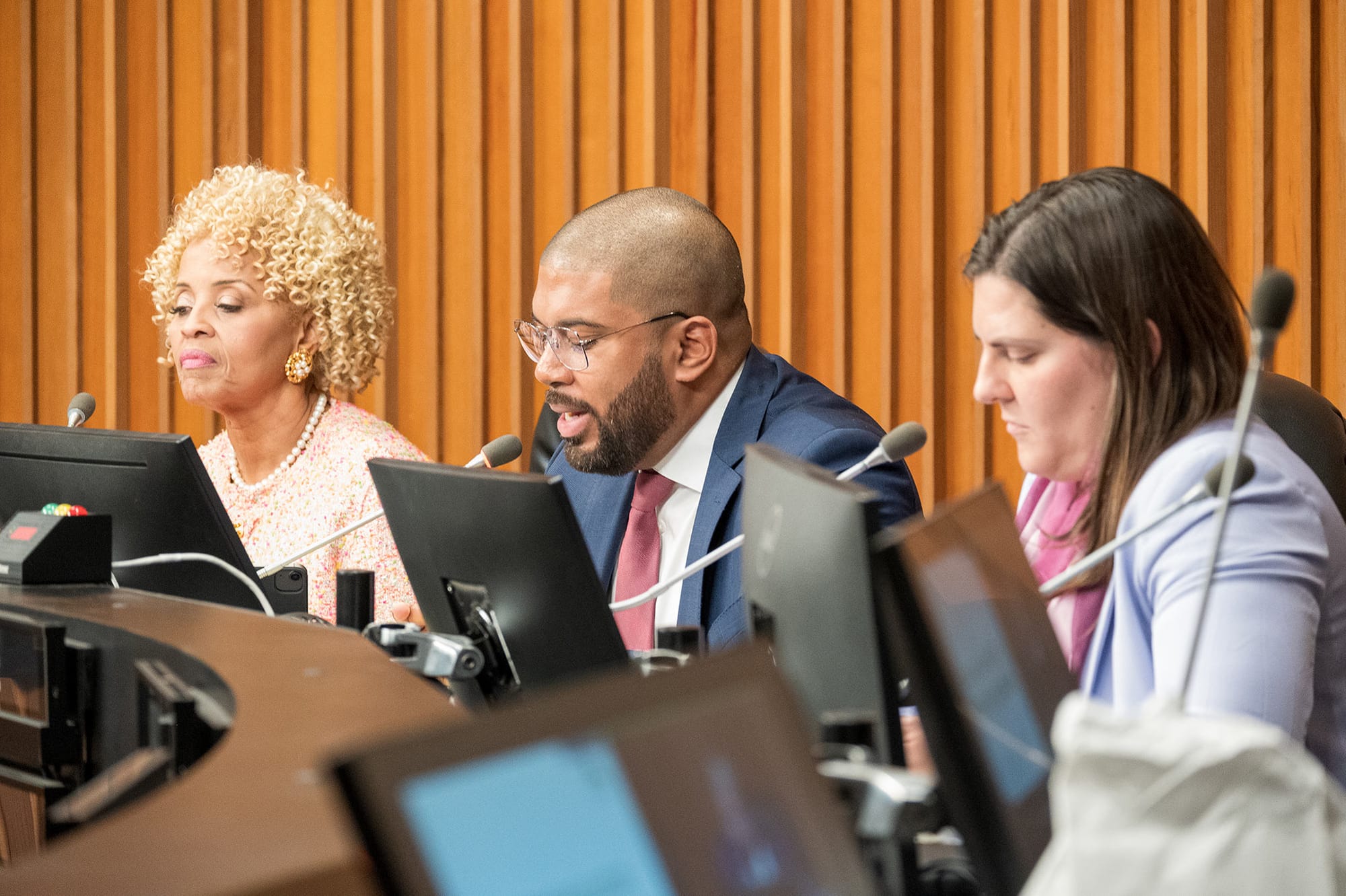VALLEJO – After more than five years of planning and development and months of delays, Blue Oak Landing, a new permanent supportive housing project on Vallejo’s Sacramento Street, opened its doors for the program’s first residents to move in last Tuesday.
By Friday morning, 23 residents had moved in. Blue Oak Landing staff expected 10 more new residents to move in that afternoon, according to Eden Housing Senior Project Developer Samantha Meyer.
One of the new residents at Blue Oak, Clarence Williams, has not had stable housing since 2016 when he lost his home of 13 years because his landlord sold the property.
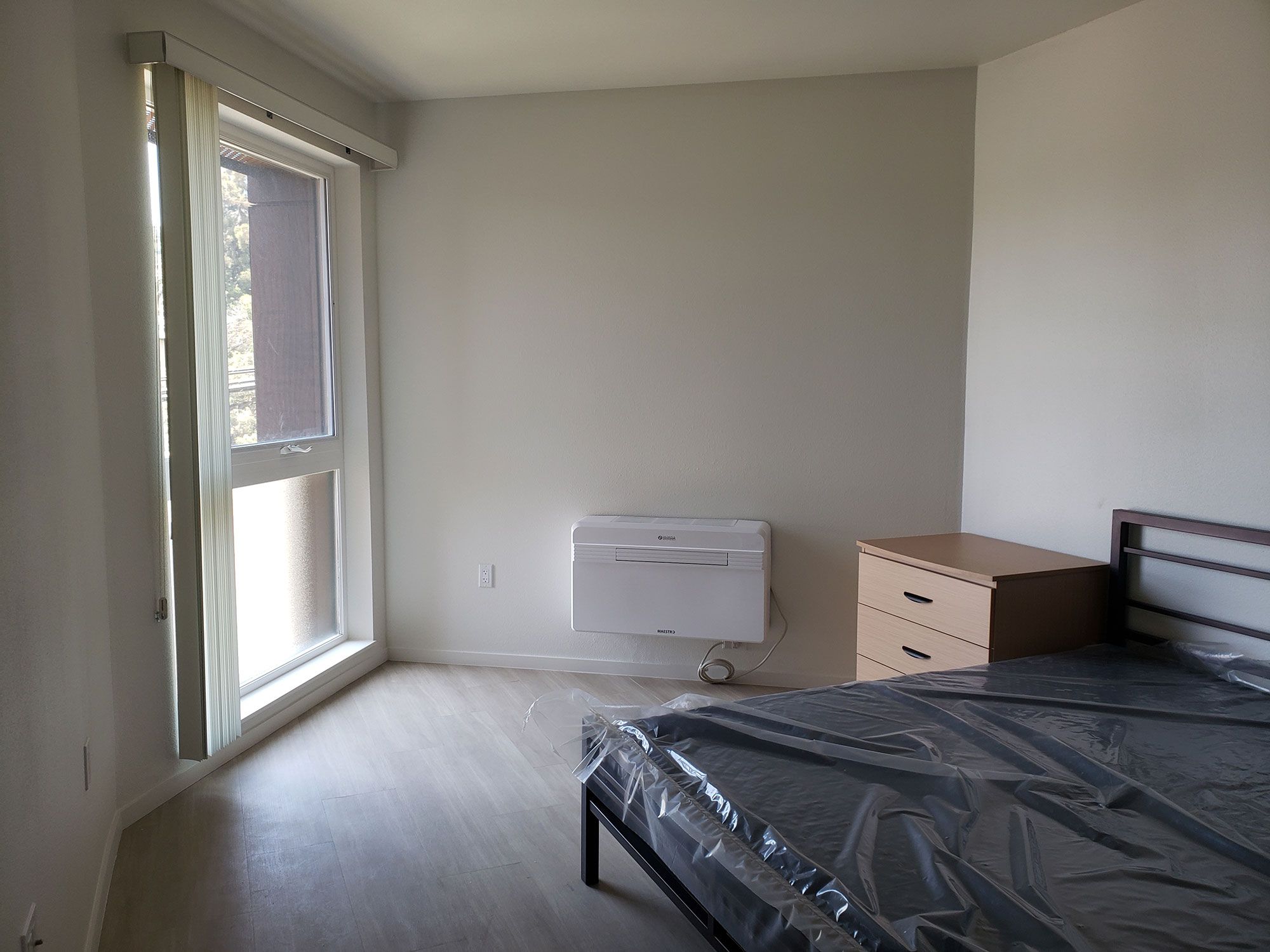
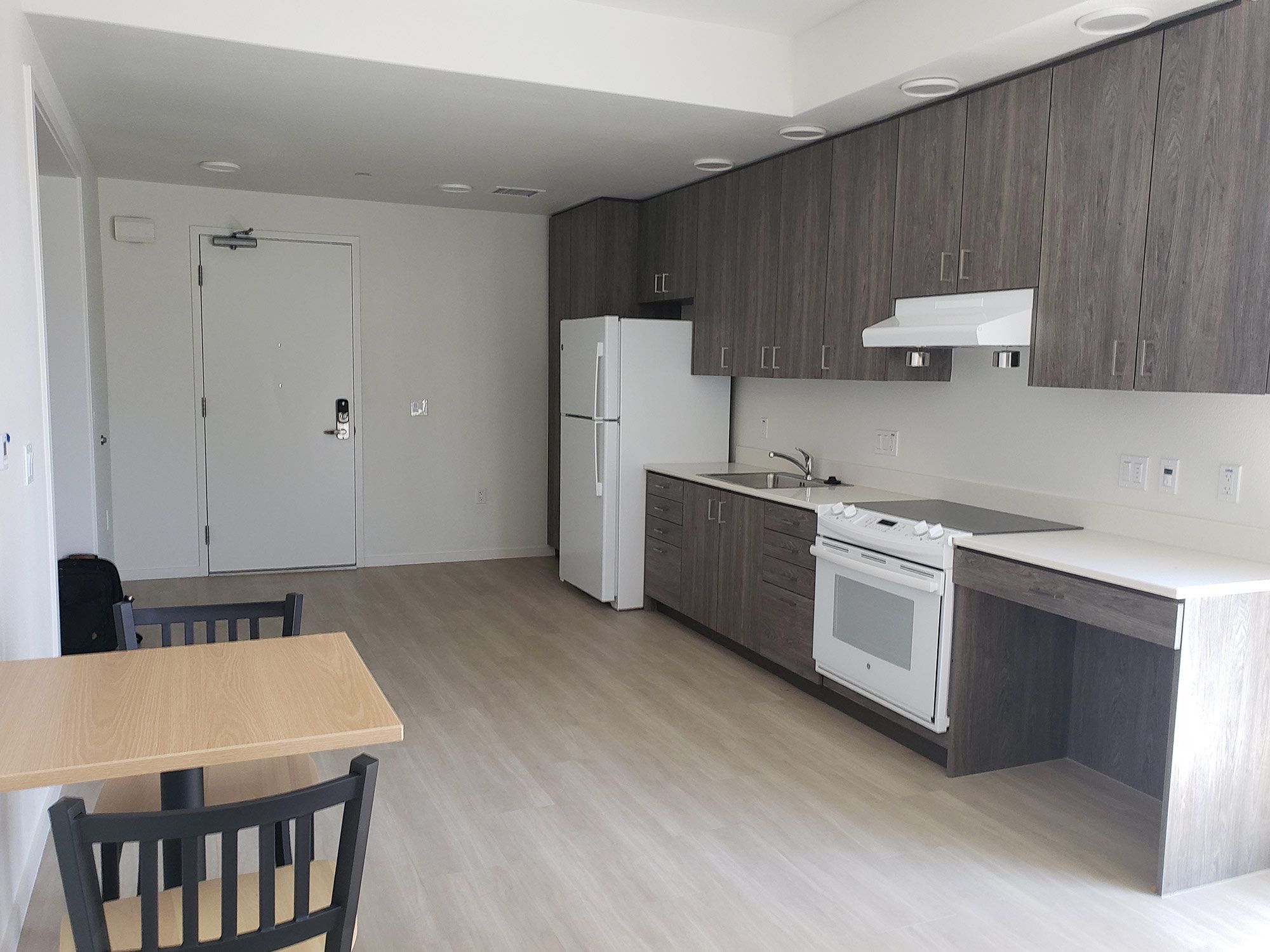
Since then, Williams has lived in hotels or other temporary housing. He stayed in a Project RoomKey hotel for 15 months during the height of the pandemic. Then he got a spot at an RV park but he said he developed a painful medical condition that made living in the cramped space extremely difficult.
“I am looking forward to having my own shower and cooking a decent meal on my own stove – the kitchen is really nice,” Williams said. “It’s been years since I have had my own place.”
As of last Tuesday, 49 of the building’s 74 rental units had been leased to people who had fully completed the application process, according to Myer. “It’s unusual to have two thirds of the building pre-leased when you open so we are proud of that,” she said.
According to Meyer, potential tenants for the remaining units are still completing various stages of the application.
The units at Blue Oak are for individuals and families who are homeless or at risk of becoming homeless and earn between 20-40% of the county’s median income, which is just under $90,000.
A two person household earning between $17,000 and $35,000 would qualify for the program with proof of housing insecurity. That two person household would not be expected to pay rent that is more than 40% of their total household income, or between $560 to $1,166 per month, according to rent limits laid out in Eden Housing’s Tenant Selection Plan. A full-time minimum wage job in California earns $31,000 a year.
When the wait list for the program first opened last July, more than 1,000 people signed up in three hours.
Applicants from the waitlist who meet initial qualifications then submit a packet of documents for a more indepth review process. These documents include detailed financial information, certification of housing insecurity or homelessness and references from current and previous landlords.
The city and county case workers match applicants with funding from various assistance programs and then use household income to calculate tenant rent contributions.
The process also requires a credit screening and a criminal background check. Applicants can be disqualified if their credit history includes an eviction, unpaid collections of $5,000 or more excluding student or medical debt, vehicle repossessions, or a bankruptcy within 12 months.
Criminal background check disqualifications include felony or misdemeanor convictions for the sale of a controlled substance, felony or misdemeanor fraud, crimes that involve violence to persons or property or any crime that can adversely affect the health, safety or welfare of other residents, according to the tenant selection plan.
Williams said gathering and providing all of the required documents was a difficult process.
“I have mild anxiety and depression from being displaced so many times,” Williams said. “It was on me to collect all the documents.” Williams said that he had to go back and collect some of his documentation again a couple of times because his information was no longer current by the time his application was ready for review.
Meyer said that sometimes they do have to ask applicants to resubmit their information because it needs to be current within 120 days of the approval date.
“We make sure that folks get support if they are having a tough time getting the documents together,” Meyer said. “But it is a challenging process”
According to Meyer, Eden housing added a budget item to provide Lyft or Uber rides to help applicants with transportation to round up the documents they need.
“This is a housing first project and the intention is to lower the barriers as much as possible to the extent allowed by our funding and the regulations that come with that funding,” Meyer said. “And here we have tried to reduce those barriers as much as possible.”
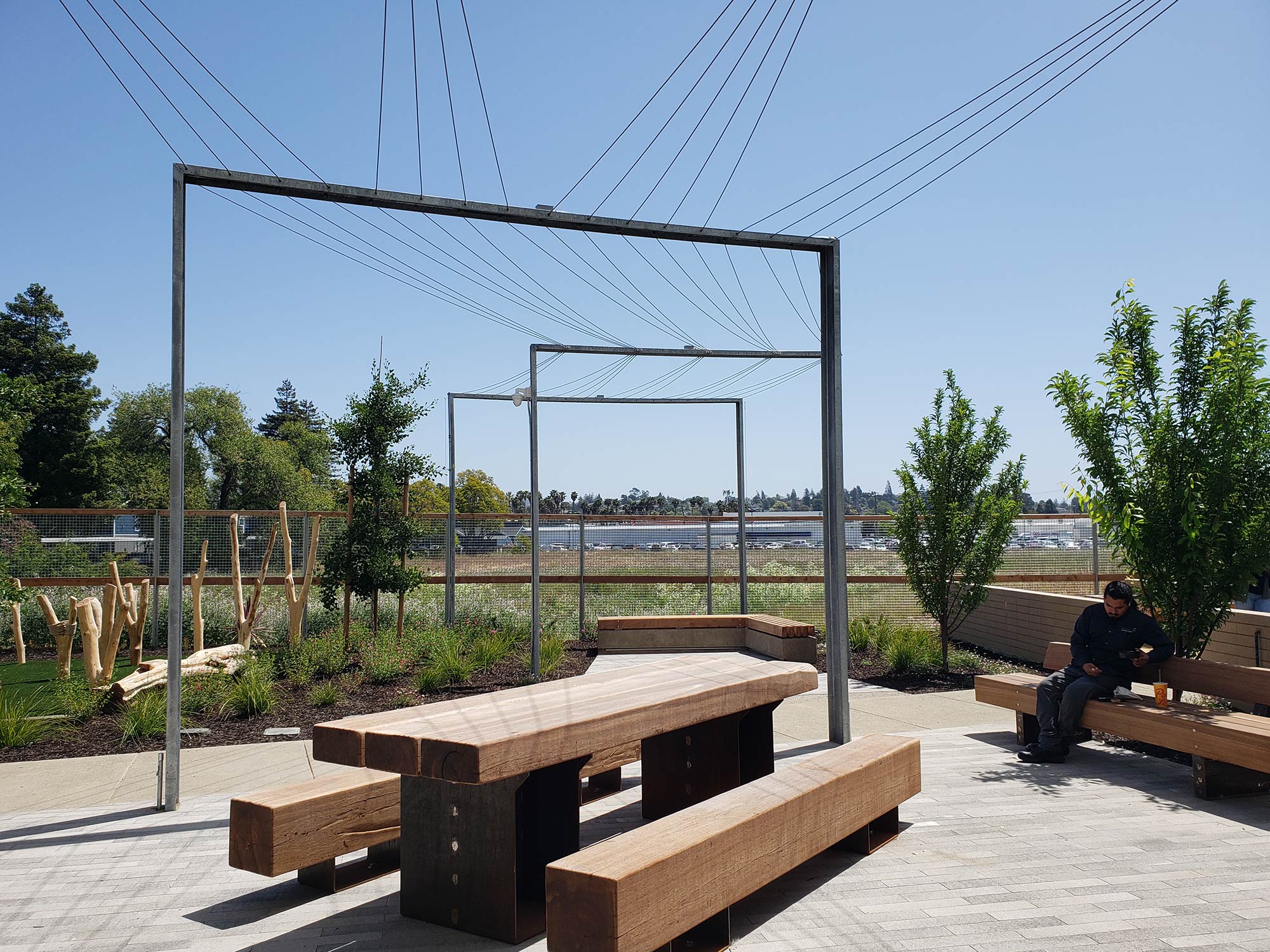
Housing first is an approach to homeless services that views a safe, stable place to live as the starting point that can then be followed by other services like addiction treatment or job training.
The ground floor of Blue Oak Landing is designed with these follow up services in mind. On the west side of the building there are a series of offices for on-site case workers and counseling as well as a computer room and a lounge or entertainment room.
On the east side there is a large community space to hold classes or events with an attached kitchen. There is also a conference room for smaller groups to meet in a more intimate setting.
“We have not fully determined what kinds of services we will offer because we base our services on our residents’ needs.” Meyer said. “We will offer job training, health services, social services, community assistance, it depends on what people need.”
The outdoor area has a playground with organic climbing structures made of smooth finished tree trunks and branches. There is a community garden with individual raised beds and a fenced dog park. There is a trellis that will eventually support vines to provide shade over a large wooden outdoor dining table and wooden benches that line the center walkway.
“We tried to offer a relaxing space for people who are coming from difficult circumstances,” Meyer said.
Before you go...
It’s expensive to produce the kind of high-quality journalism we do at the Vallejo Sun. And we rely on reader support so we can keep publishing.
If you enjoy our regular beat reporting, in-depth investigations, and deep-dive podcast episodes, chip in so we can keep doing this work and bringing you the journalism you rely on.
Click here to become a sustaining member of our newsroom.
THE VALLEJO SUN NEWSLETTER
Investigative reporting, regular updates, events and more
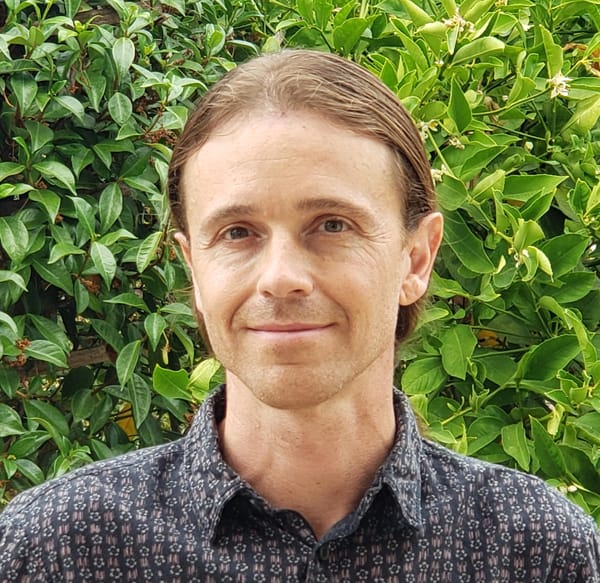
Ryan Geller
Ryan Geller writes about transitions in food, health, housing, environment, and agriculture. He covers City Hall for the Vallejo Sun.
follow me :


